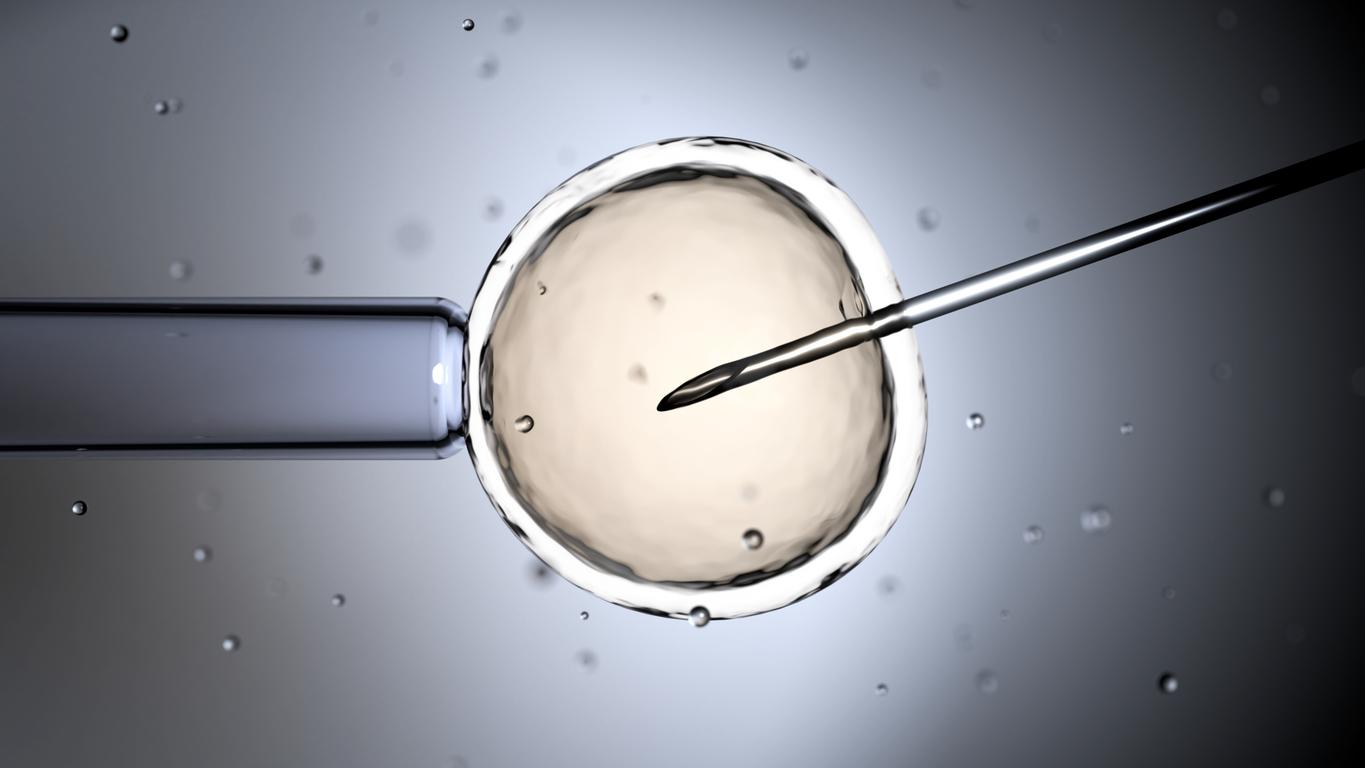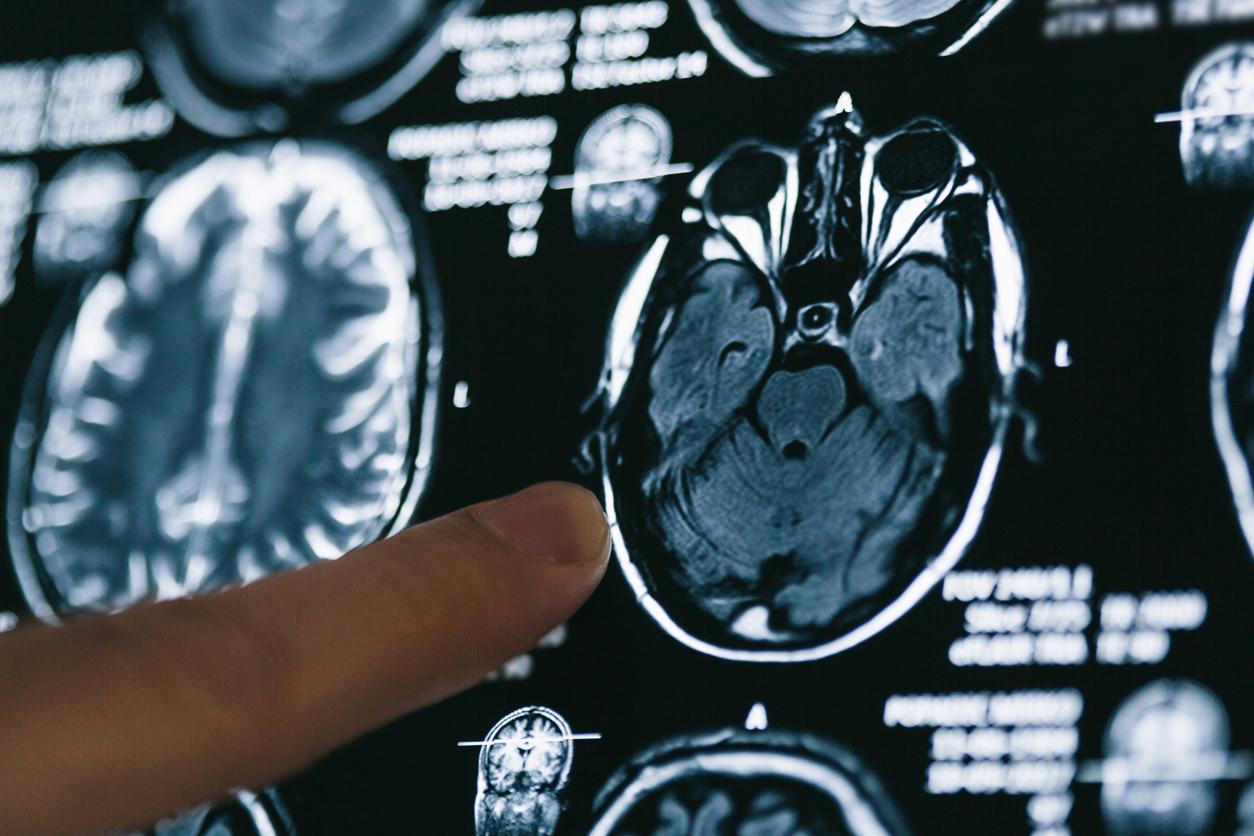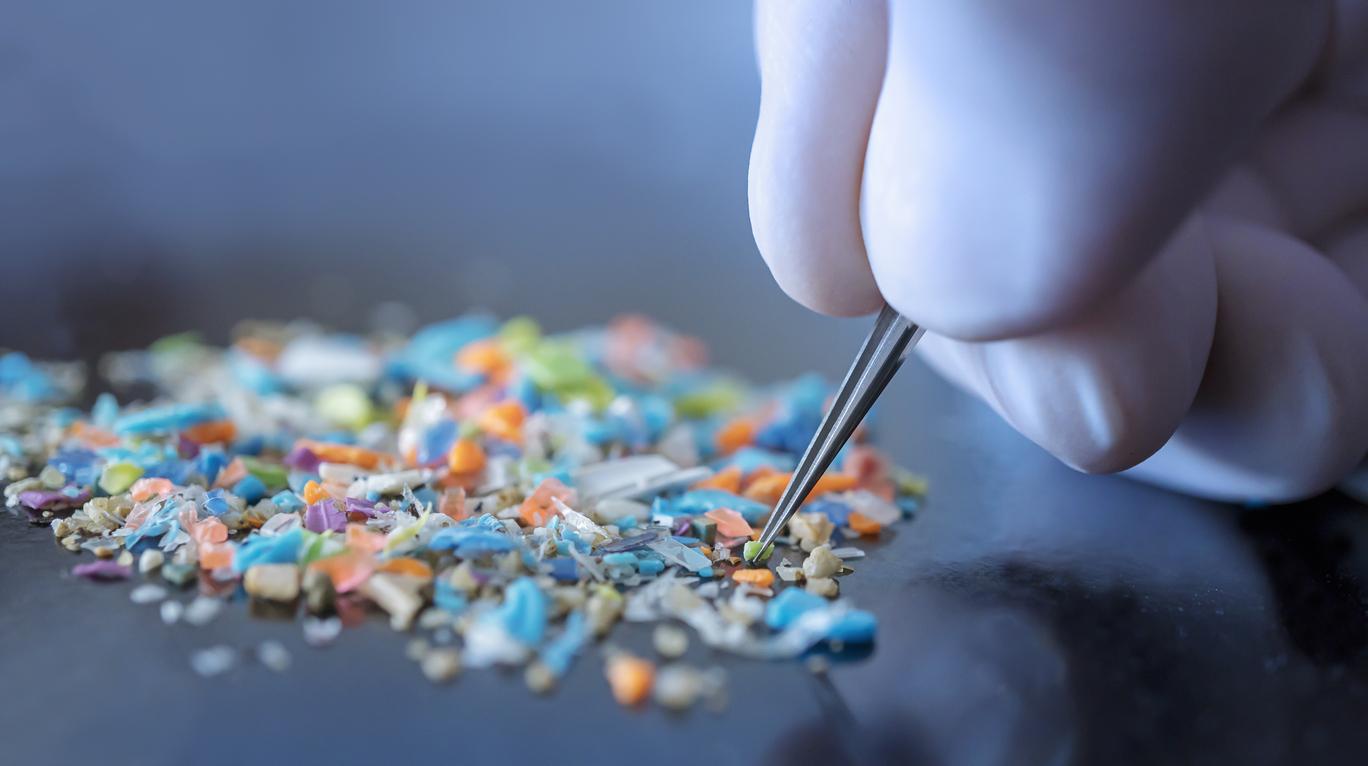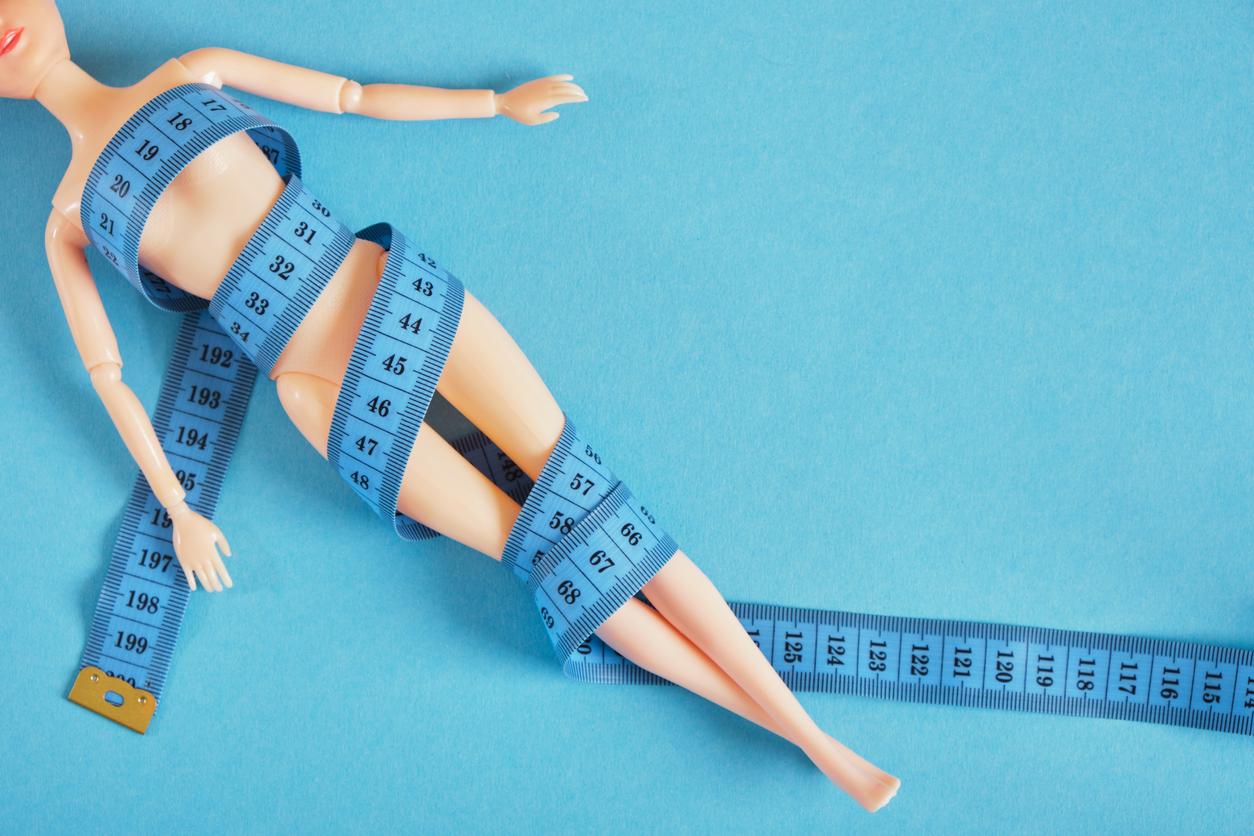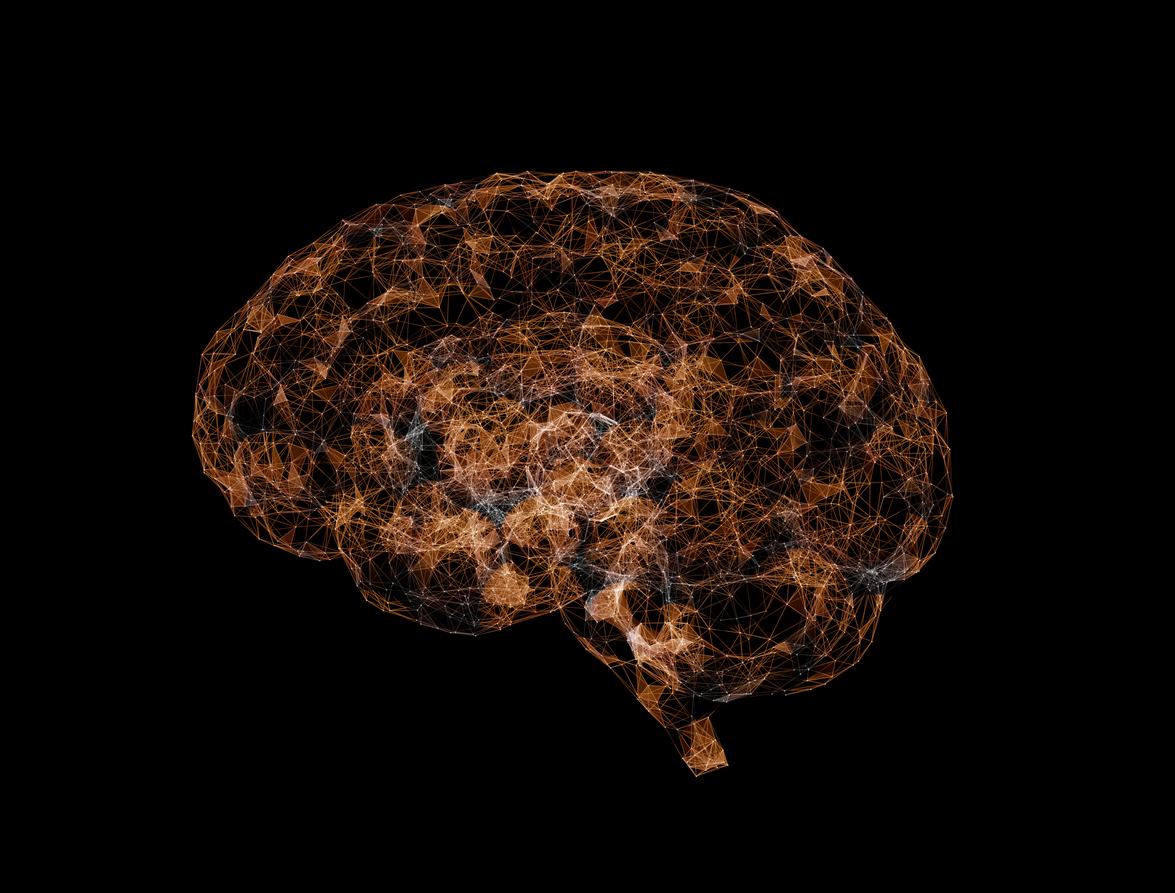Exercising is enough to reduce symptoms of depression and anxiety, but why? We explain the brain mechanisms that are at work behind this natural remedy.
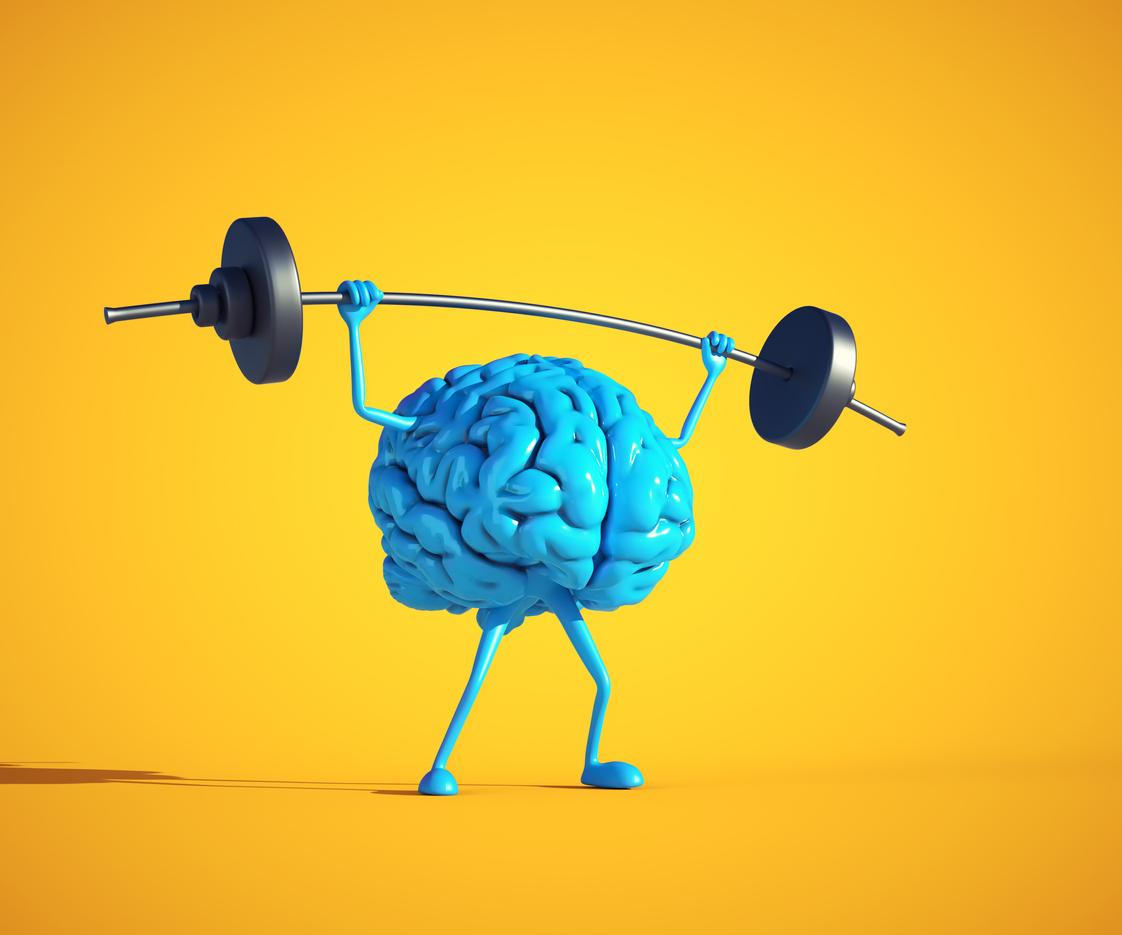
- According to the World Health Organization, 5% of adults worldwide suffer from depression, the majority of them women. In France, 3 million people would be affected.
- To maintain good physical and mental health, the agency estimates that adults aged 18 to 64 should devote at least 150 to 300 minutes a week to moderate-intensity endurance activity, or practice at least 75 to 150 minutes. sustained-intensity endurance activity.
Sport is a tremendously effective natural antidepressant. Acting on motivation and mood, the regular practice of physical activity is even recommended by theEuropean Psychiatric Association (EPA) to overcome a chronic anxiety syndrome, which would affect around three million people in France. This would have in some people an impact as positive as that produced by antidepressant treatments. But why such an anxiolytic effect? How does it actually happen in the brain?
Intense sport boosts the production of neurons
The biological mechanisms by which sport improves mental health are multiple. It is first on the growth of the cerebral structure that it acts: “Exercising regularly alters the biology of the brain”says psychiatrist Arash Javanbakht, from Wayne State University (in the United States), in an article published in The Conversation. “The brain is a very ‘plastic’ organ: new connections between brain cells – neurons – are formed every day in important brain regions”starting in the hippocampus, which plays a role in learning, memory, motivation, the regulation of negative emotions, appetite…
However, recent works showed that high-intensity physical activity, such as cardio, drastically increases levels of a certain molecule, called “brain-derived neurotrophic factor”, which helps the brain produce neurons and therefore grow. A neurogenesis which, according to a study, is also favored by lactic acid, a molecule whose production explodes during physical effort. In summary, the brain is boosted, doped, “renewed” in neurons by sports practice.
Pleasure hormones as antidepressants
Moreover, physical activity, especially if it is intensive, stimulates and releases in the brain certain neurotransmitters and hormones associated with pleasure, relaxation or even motivation: the famous endorphins, but also dopamine and serotonin, to name only the most important. Considered as the “drug” of athletes, endorphins, with analgesic power, produce such a state of well-being and satisfaction after exercise that the person wishes to repeat the experience the following days. Dopamine and serotonin contribute to the feeling of relaxation and euphoria that can be felt after a long jog. That’s not all: sport naturally lowers the level of cortisol, the stress hormone, which has a soothing effect on the body. Bonus benefit: all these hormonal mechanisms allow you to sleep better by warding off sleep disorders, which are a risk factor for mental disorders such as depression.
Physical activity is anti-inflammatory
If sport does so much good to the mind, it is also because it would have anti-inflammatory properties, recall studies here and there. While inflammation in the body is now suspected to play a major role in anxiety and depression (notably by reducing dopamine secretion), physical activity, even moderate, would come “regulate the immune system and inflammation, preventing it from being excessive”, according to neuroscientist Arash Javanbakht. In addition to reducing the depressive symptoms that already exist, this would therefore prevent their appearance throughout life.





